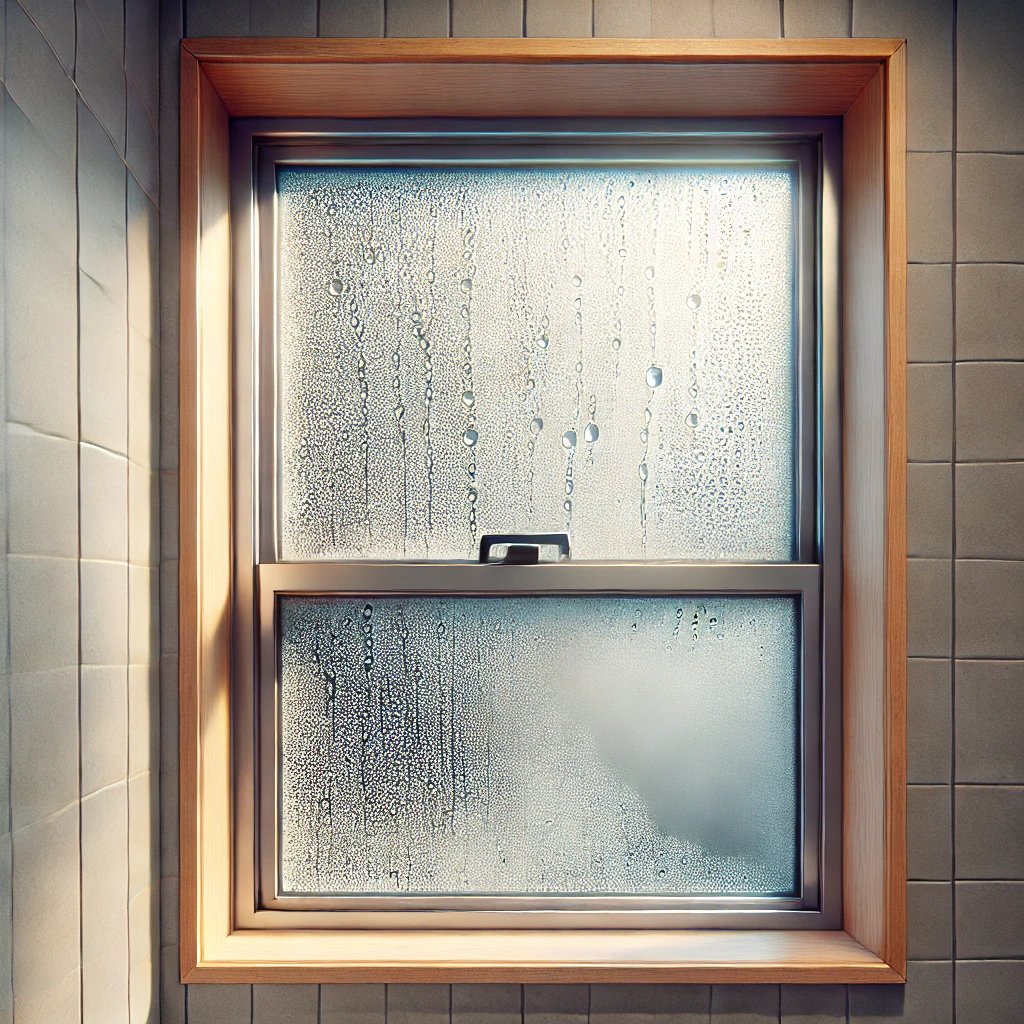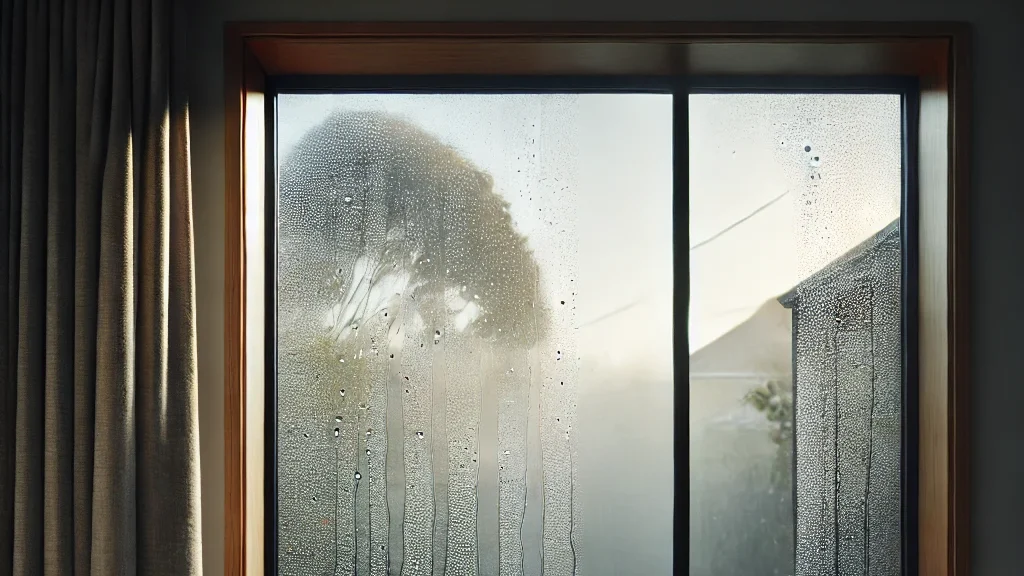Melbourne’s variable climate—alternating between humid heat and chilly rain—presents unique challenges for achieving optimal indoor comfort. While air conditioning systems effectively regulate temperature, they often neglect the critical aspect of air moisture control. This is where dehumidification becomes an essential tool, particularly when it is seamlessly integrated with reverse cycle systems, ventilation strategies, and dry mode features. By mastering the balance of these components, homeowners can create a more pleasant and healthy living space that is not only comfortable but also energy-efficient.
At Beyond Heating and Cooling, we excel in providing expert guidance to our Melbourne clients on effectively managing humidity levels within their homes. Although we do not sell standalone dehumidifiers, our expertise lies in designing intelligent systems tailored to individual needs. When necessary, we recommend high-quality residential dehumidifiers from reputable manufacturers such as Daikin and Mitsubishi Electric. Our primary objective is to empower homeowners with the essential knowledge to create a balanced and comfortable indoor atmosphere that enhances their overall quality of life.

Understanding How Humidity Affects Indoor Comfort and Energy Efficiency
Humidity significantly influences our perception of indoor temperature, causing the air to feel heavier and warmer than its actual state. Consequently, your air conditioning unit must exert additional effort to compensate for this sensation, often resulting in excessive cooling to create a comfortable atmosphere. This increased demand not only places a strain on your AC system but also escalates energy consumption, leading to soaring power bills. By incorporating dehumidification into your home environment, you can alleviate this pressure, lighten the air within your living space, and ultimately enhance energy efficiency while enjoying greater comfort and well-being.
In Melbourne, numerous households—especially those situated in inner suburbs or bayside areas with limited natural ventilation—face significant challenges due to elevated humidity levels. The benefits of lowering moisture levels become increasingly clear, contributing to a dramatically improved living environment that prioritizes comfort, health, and energy savings, making your home a sanctuary against the harsh climate.
Utilizing Dry Mode for Superior Comfort in Your Air Conditioning Systems
Modern reverse cycle air conditioners are frequently equipped with a dry mode, specifically designed to reduce indoor humidity levels effectively. This feature operates by intermittently activating both the fan and compressor, allowing it to extract moisture from the air. It is particularly advantageous during mildly humid conditions, making it an ideal option for transitional seasons such as spring and autumn when humidity levels fluctuate significantly.
It is critical to understand that the dry mode does have certain limitations:
- Its effectiveness is limited to specific ranges of temperature and humidity conditions.
- It removes moisture at a slower rate compared to dedicated dehumidification units, which are designed for efficiency.
- It may struggle to resolve persistent moisture issues in specific environments, necessitating additional solutions.
If you observe visible condensation, detect musty odors, or encounter damp-prone areas within your home, relying solely on dry mode may not suffice. In such cases, considering a dedicated dehumidification solution or exploring home improvement strategies may be essential to achieve a comfortable indoor atmosphere that fosters health and well-being.
Enhancing Indoor Air Quality with Specialized Dehumidification Solutions
At Beyond Heating and Cooling, while we do not directly provide or sell residential dehumidifiers, our commitment lies in advising Melbourne homeowners on the optimal use of dehumidifiers alongside their heating and cooling systems. Our extensive knowledge enables us to recommend best practices for seamlessly integrating these devices into your home environment, ensuring maximum efficiency and comfort.
Among the top residential dehumidifier options currently available on the market are:
- Daikin’s extensive Dehumidifier Range, offering various models to suit different needs
- Premium Mitsubishi Electric Dehumidifiers, known for their reliability and performance
These standalone units can significantly enhance comfort in high-humidity areas of your home, such as:
- Bathrooms that lack windows or adequate ventilation systems, often suffering from excess moisture
- Laundries where clothes are routinely dried indoors, contributing to moisture accumulation and discomfort
- Bedrooms that struggle with insufficient air circulation, leading to a stuffy and unhealthy environment

Implementing Effective Ventilation Strategies for a Balanced Indoor Environment
While dehumidifiers play a crucial role in moisture reduction, proper ventilation is equally important in preventing humidity buildup in the first place. Homes that are tightly sealed, equipped with double glazing, and lacking sufficient airflow can inadvertently trap moisture, leading to severe issues such as mould growth and condensation. This is why we prioritize the integration of ventilation expertise into our heating and cooling designs, particularly when implementing your reverse cycle air conditioning systems. In many instances, effective ventilation can drastically reduce the reliance on additional dehumidifiers, promoting a healthier indoor environment.
Addressing Humidity Challenges During Melbourne’s Rainy Winter Months
As winter approaches in Melbourne, many households activate their heaters and close their windows and doors to conserve warmth. Unfortunately, this habit can trap moist air indoors, leading to:
- Condensation forming on windows, creating discomfort and potential damage
- Rooms developing a musty odor that can be unpleasant and unhealthy
- Potential mould growth in corners and behind furniture, posing health risks
To combat these challenges, a well-engineered reverse cycle system, potentially supplemented by a standalone dehumidifier, can establish a healthier indoor environment that remains dry, warm, and less susceptible to mould growth. This strategy not only enhances comfort but also improves indoor air quality during the damp winter months, creating a welcoming and safe atmosphere for you and your family.

Embracing a Comprehensive Approach for Effective Humidity Management
At Beyond Heating and Cooling, our expertise lies in designing holistic indoor comfort systems tailored to your unique needs. Whether you are looking to enhance airflow, optimize your reverse cycle systems, or gain insights into managing humidity hotspots, we provide practical, research-backed solutions specifically designed for your living environment. If we determine that a standalone dehumidifier would significantly improve your indoor climate, we will guide you toward the most dependable residential models and demonstrate how to integrate them seamlessly into your home. Don’t hesitate to contact us today for expert assistance in planning your ducted heating and cooling solutions—call 1800 239 663 or fill out our Contact form for a customized quote that meets your needs.
Why Dehumidification Matters When Air Conditioning Your Melbourne Home
The Article: Dehumidification: Key to Effective Air Conditioning in Melbourne first appeared on https://writebuff.com
The Article Dehumidification for Efficient Air Conditioning in Melbourne Was Found On https://limitsofstrategy.com


You’ve nailed a significant issue that many Melbourne residents face! I find that managing indoor humidity is often overlooked when discussing home comfort. For example, I’ve noticed that when it’s sweltering outside, my air conditioning cranks up but just leads to that sticky feeling indoors; it’s almost like the air is working against itself.
You bring up such an important point about indoor humidity, and it’s something that can really make or break our home environment. That sticky feeling can definitely feel like a battle when the outside heat kicks in.